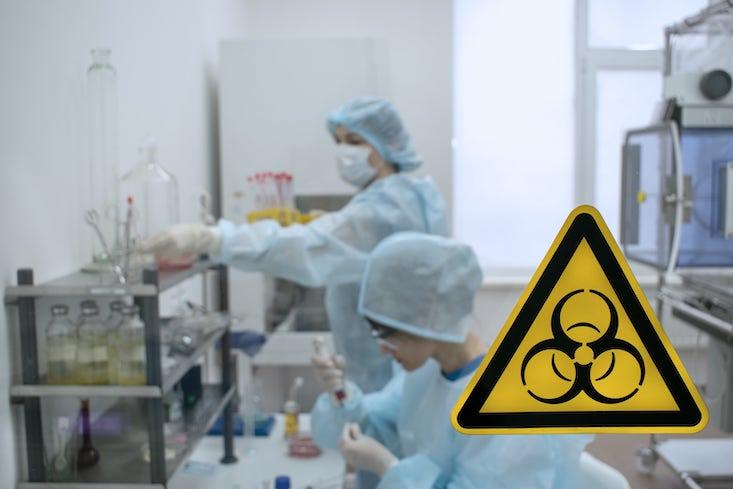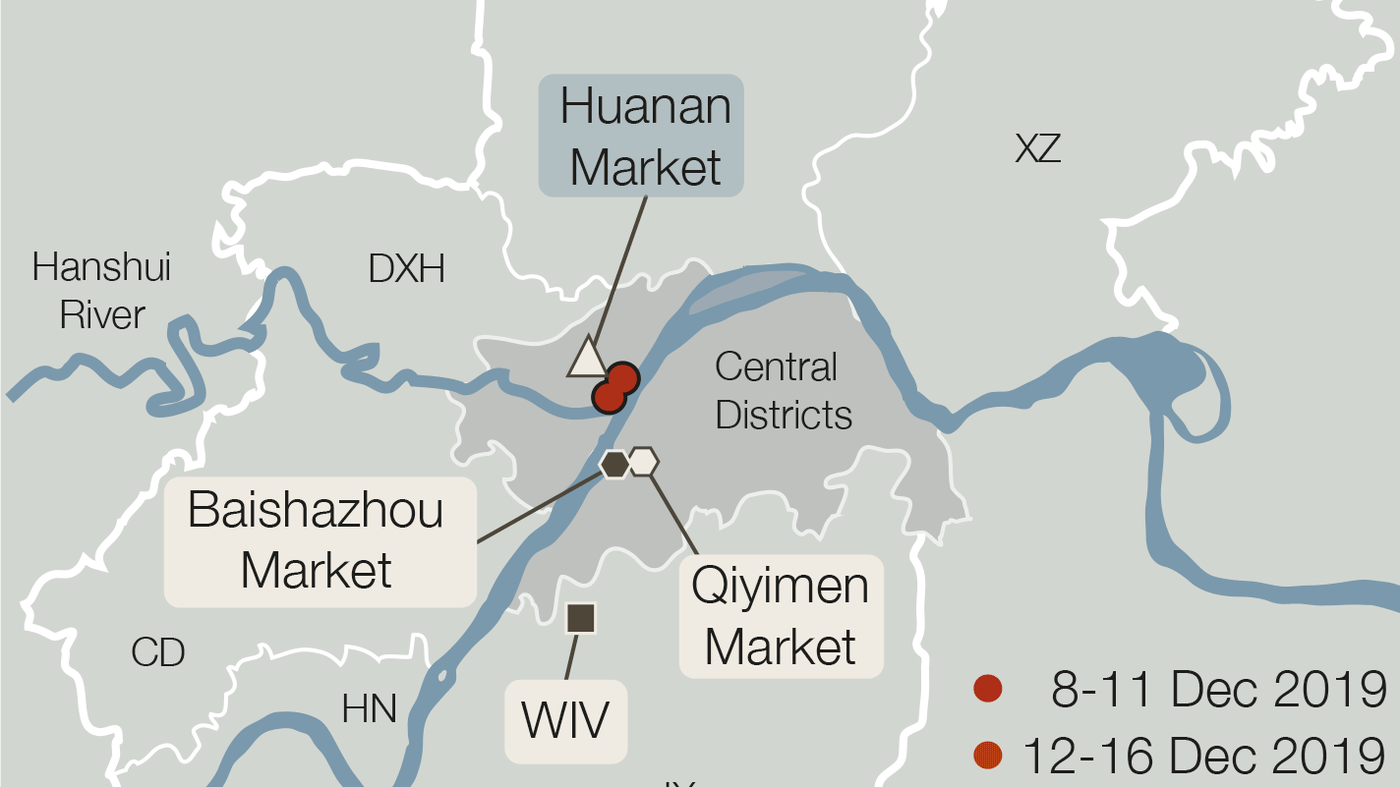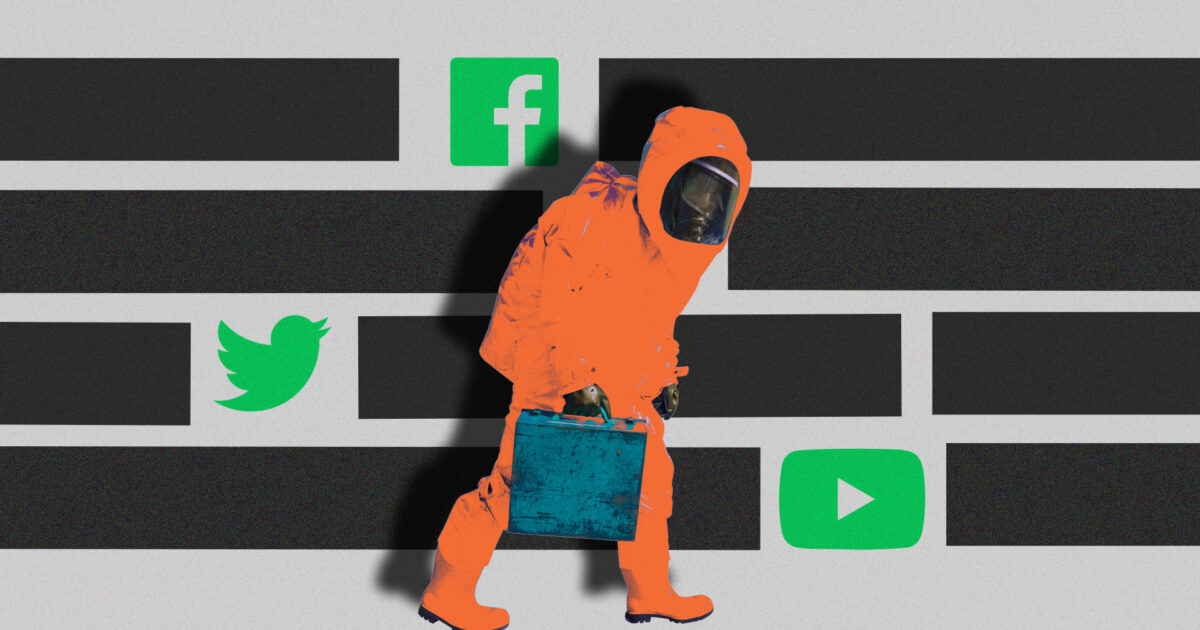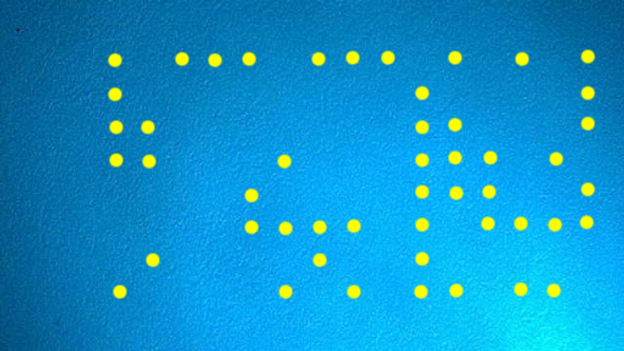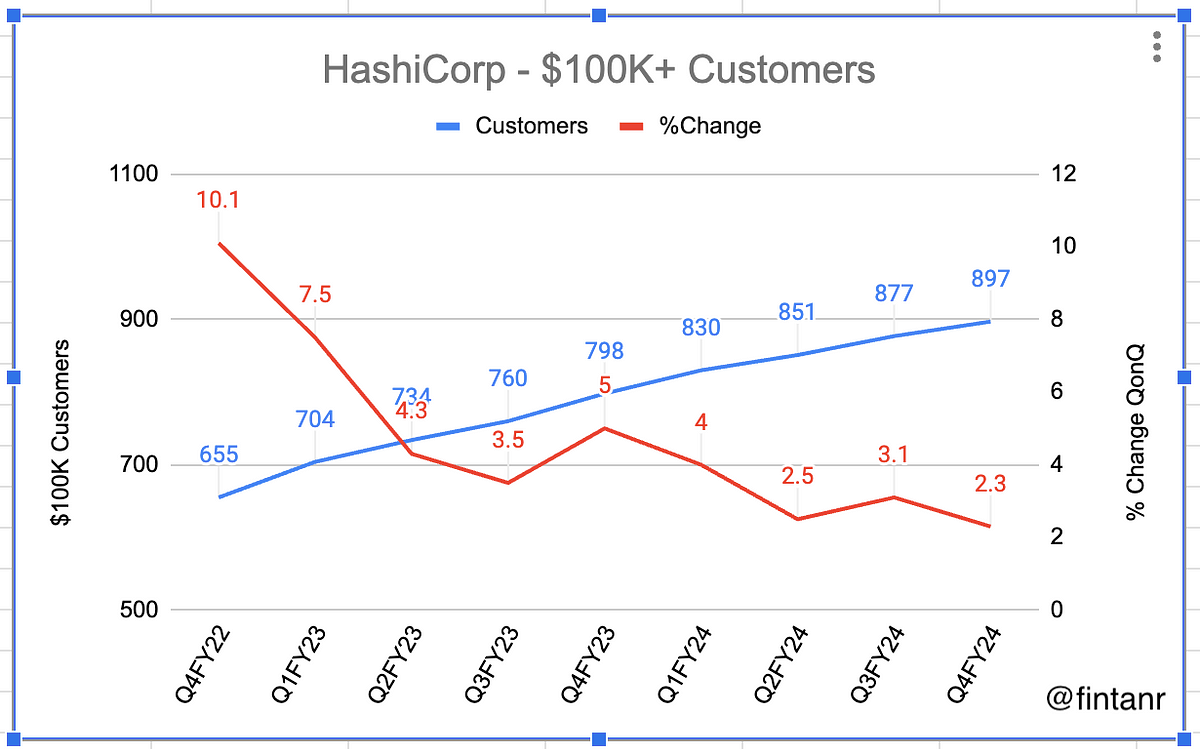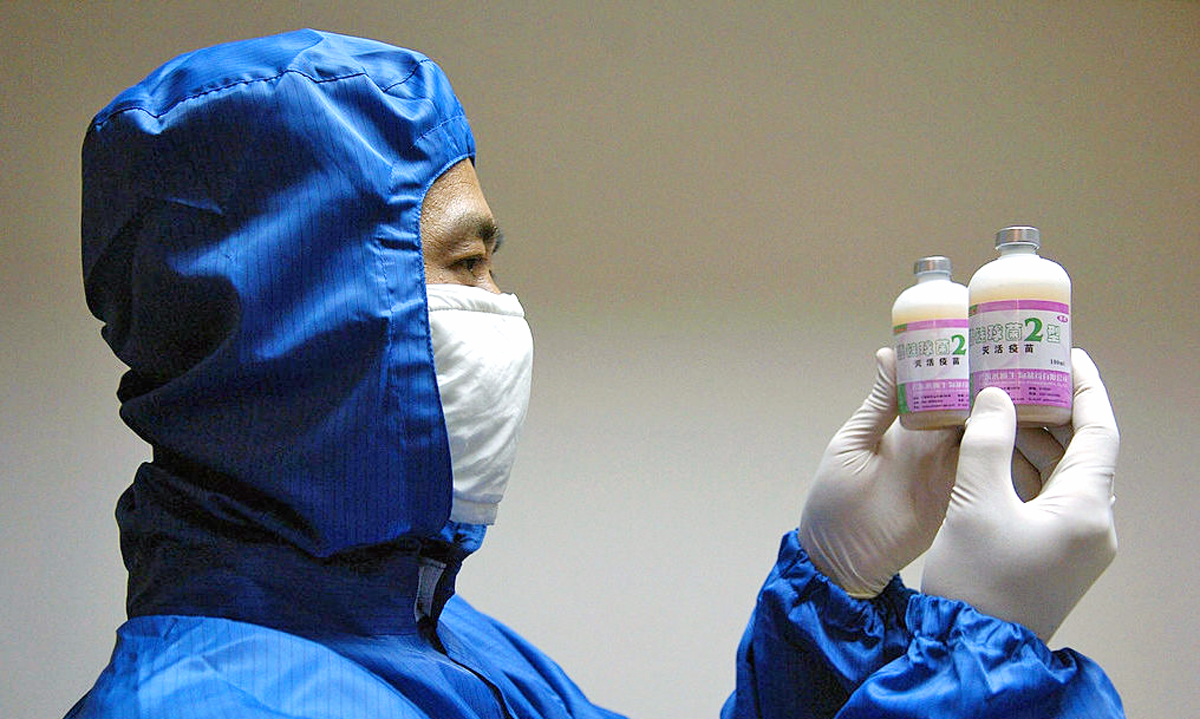
What a Wuhan lab leak would really mean
It has taken 17 months since the new coronavirus supposedly erupted, but the lab leak hypothesis has finally come in from the cold. At first it was dismissed as a crazy conspiracy theory promoted by ranting right-wingers and nasty Sinophobes; a stance inflamed by some of the wilder claims made about the deliberate release of bio-weapons and the determination of some scientists to assist the Chinese cover-up. But now an increasing number of credible scientific voices are calling for a full investigation into whether this global catastrophe was the result of some kind of human error at a Wuhan laboratory.
The ground began to shift late last year when Stanford microbiologist David Relman published a superb paper setting out why we should investigate seriously the possibility of a lab leak alongside natural zoonotic transmission, backing the small handful of brave scientists who had been making this case to the scorn of the medical establishment. In recent weeks several more leading experts — including Nobel-winning virologist David Baltimore, influential Cambridge geneticist Ravindra Gupta and Ralph Baric, the US epidemiologist who carried out controversial experiments on coronaviruses with Wuhan researchers — have gone public with similar demands. Even Anthony Fauci, the top US expert on infectious diseases heading its pandemic response, now concedes the virus could have come from a laboratory spillover event.
It is depressing it has taken so long for the world of science, supported by most journalists and politicians, to start accepting the basic truth that no theory should be discounted without evidence — especially given the seriousness of the issues at stake and history of leaks from laboratories. A spate of strong articles seems to have suddenly changed the media narrative, despite mostly reheating material familiar to those of us who have been tracking this story for months. The latest Wall Street Journal story, for example, about three Wuhan researchers allegedly falling suspiciously sick in November, builds on facts revealed by David Asher, former lead investigator for the State Department, in interviews two months ago with both the Australian journalist Sharri Markson and myself.
